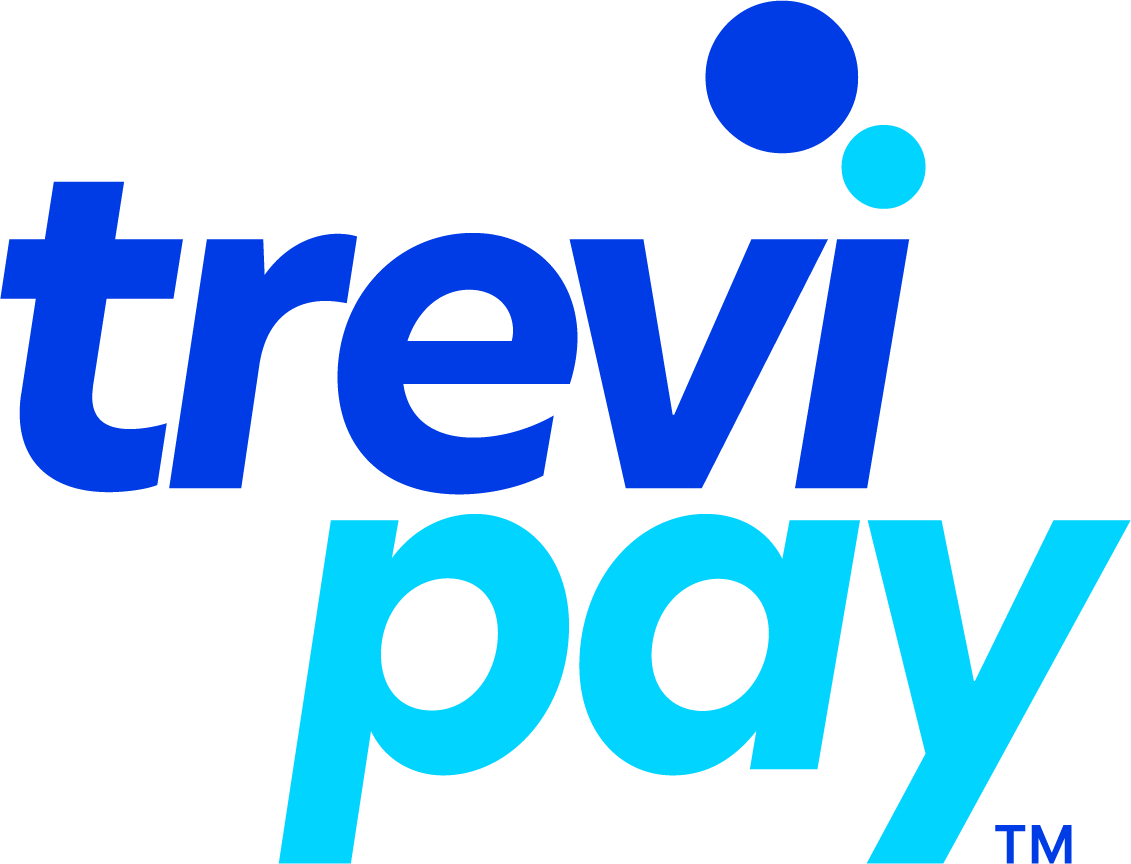Invoice factoring has its advocates and its detractors.
Whether it’s right for your business or not depends on too many elements for a one-size-fits-all conclusion.
Ultimately, only you can decide if and when you use it.
By understanding the advantages and disadvantages of invoice factoring, you can gain a broader perspective and make the right decision for your business.
Key considerations before choosing invoice factoring
We’ve previously spoken in more detail about what exactly invoice factoring is.
Before understanding its advantages and disadvantages in more depth (below), there are two key initial issues to consider.
1. Timing
Used well and at the right time, invoice factoring is a powerful tool. It is leveraged by a range of companies in different scenarios, from those in financial difficulty to those experiencing high growth.
But needs and circumstances can change often – and suddenly. If you decide to use invoice factoring, you should have a road map for how long you will proceed with it.
Eventually, you should aim to structure your business in a way that increases cashflow to the necessary level. Or to switch to a less expensive form of financing.
2. How to choose an invoice factoring company
There are many invoice factoring providers out there. And as with many industries, there is a also wide range in quality.
Because of this, it’s not uncommon to hear some users (or ex users) of factoring services either enthusiastically praise it, or be very critical.
Beware of bad actors
Although not common, there are bad actors in the invoice factoring industry.
These may, for example, include a clause on their application that hands over collection rights to them. Or they could steer you into signing up to an unreasonably long contract. They could damage your reputation among customers with aggressive collections tactics. We’ll talk more about reputation later.
These nefarious companies don’t have your best interests at heart but certainly won’t admit their bad intentions beforehand. They aren’t interested in passing on the advantages of factoring to you, but rather in gaining the advantages of you factoring for themselves (and at your expense).
Find the best rates and best expertise
It’s not always enough to actively avoid a bad factoring company. Weighing up the pros and cons of each good factoring company also effects how well the service works for you.
The most obvious starting point is the different rates available. But there are other less immediately obvious benefits of working with the right partner. These include things such as expertise, advice and partner network.
Summary: choose carefully
The worst-case scenario is that you use factoring at the wrong time, with the wrong provider.
Taking the following steps should protect your business:
- Always read the fine print of any documents you are asked to sign (including links within online documents)
- Read customer reviews from multiple sources
- Ask for testimonials from previous or existing clients (especially ones from your industry)
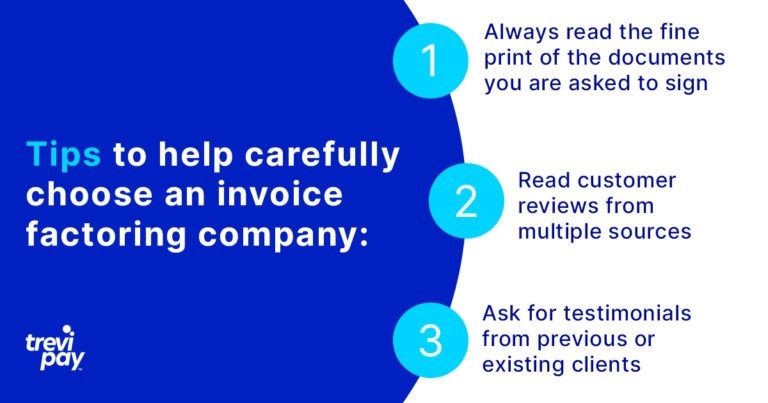
Advantages of invoice factoring
Below is our list of the five main advantages factoring can offer. You may find other articles list more points, but they are usually just variations of the following:
1. Accessibility (quick & simple approval process)
A process that is simple isn’t necessarily quick. And visa versa. However, invoice factoring done well is both.
Invoice factoring is usually provided by alternative lenders, whose business loan approval rates in general are significantly higher and faster than those of big banks (11.8% higher according to a February 2022 report).
Short approval timeframe
In order to secure a traditional business loan, many companies have to go through a detailed application process requiring submission of business plans and cash flow forecasts.
Once this is complete, the loan could take weeks or even months to be approved.
Invoice factoring, on the other hand, is usually a totally online application process. And you can access most of the cash for your invoices within 24 – 48 hours of completing a successful application.
Background checks and collateral needed
Traditional business lenders usually want detailed credit checks, loan history and collateral in order to reduce their own risk.
Factoring companies, on the other hand, don’t require extensive background checks. They mainly want to check each client’s sales ledger.
This is a huge advantage for companies with bad debt issues or without a long credit history.
2. Cash flow
This is the most popular reason for businesses to choose invoice factoring.
Not having enough working capital can hinder or even damage a businesses’ operations. Extra cash flow creates opportunities from helping to maintain, improve or even scale your business.
Needless to say, they can be crucial at different stages or circumstances in the evolution of your business.
3. Free-up resources
Invoice factoring companies usually take over collections, too. They use their experience to control and manage all aspects of the payment process.
This is a good way for you to free up internal resources. Instead, your employees can focus on providing support to other key business functions.
Some even find that having a third party do their collections is more effective. Often, slow-to-pay clients will pay a factor quicker than they pay you. This may be because of the factor’s expertise in collections or because it effects the client’s credit rating (as a factoring company is also a financial services company).
4. Being prepared for new opportunities
Sudden change – both good and bad – is part and parcel of running a business.
Unpaid invoices are, by their nature, something you usually won’t realize until after the last minute. This can leave your working capital in disarray, especially if it is a significant source of revenue needed to cover operational costs.
Sudden change may also be positive, such as unexpected opportunities. High levels of sales could mean you need to quickly purchase more inventory. Or a potential client may ask for longer payment terms than you generally offer, so invoice factoring would enable you to accommodate it.
5. Benefits for your clients
Having more working capital allows you to pass on more benefits to your customers.
This could mean you need to increase inventory or order frequency for them. Or you could offer extended payment terms, lines of credit, or other value-added services.
Either way, accommodating the needs of your customer is an essential component of business and building relationships.
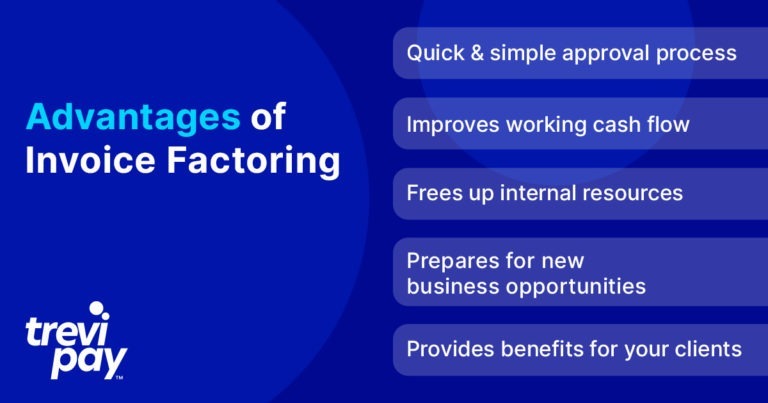
Disadvantages of invoice factoring
Many factoring companies will only emphasize the advantages of invoice factoring.
But as with most finance solutions, there are downsides and risks too.
Here’s our list of the main disadvantages.
1. Cost
We’ve previously looked in more detail at invoice factoring costs. We noted the types of fees and what will influence those, including industry, volume, frequency and customer record.
As we noted, besides the discount fee and service fee, there are also often sign-up fees, credit check fees, late payment fees and/or contract termination fees.
These should all be considered before you proceed (or not) with a particular factoring provider or even the service itself.
2. Reputation
There are two main ways factoring could damage your company’s reputation. We emphasize ‘could’ because neither is a foregone conclusion.
The first is your customers’ possible reaction to the news that you are factoring. They are often made aware of it because it is the factoring company to whom they need to pay their invoices (apart from in some exceptional cases).
Some customers may see your use of factoring as a sign that your business is in some kind of financial trouble. You can influence this to an extent by clarifying why you are using factoring, though this is not common practice.
Another way your reputation might suffer is if the factoring company is overzealous in their collections efforts. This might drive some customers away from working with you.
3. Masking deeper cashflow problems
In many cases, invoice factoring provides a breather or cash injection enabling companies’ to improve or scale operations.
If maintained over a long-term period, however, the costs will add up. At this point, you should consider whether factoring is masking a chronic cash flow issue.
Whatever you conclude, you should at least consider switching to alternative business finance solutions in the long term. They are often much cheaper and therefore sustainable.
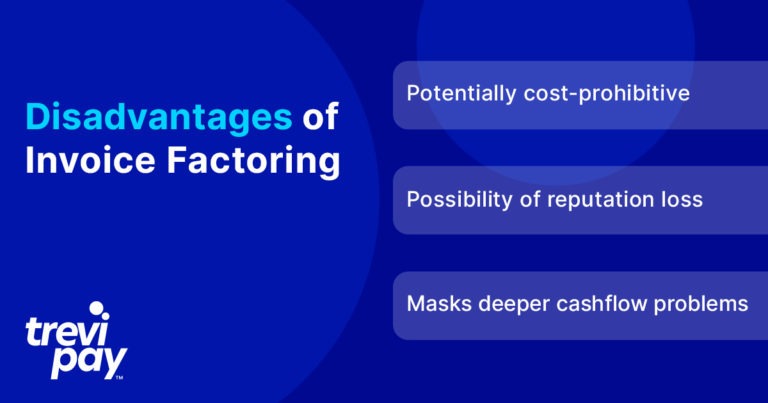
Alternatives to invoice factoring
There are many alternatives to invoice factoring, though they don’t come with all the same benefits (or drawbacks).
Accounts receivables financing (often known as accounts receivables, AR, or invoice financing) is similar but not the same as invoice factoring. So too is invoice discounting (or selective invoice discounting - where you retain control of which invoices are discounted).
Besides these, traditional business loans, lines of credit and other forms of business financing are also worth considering.
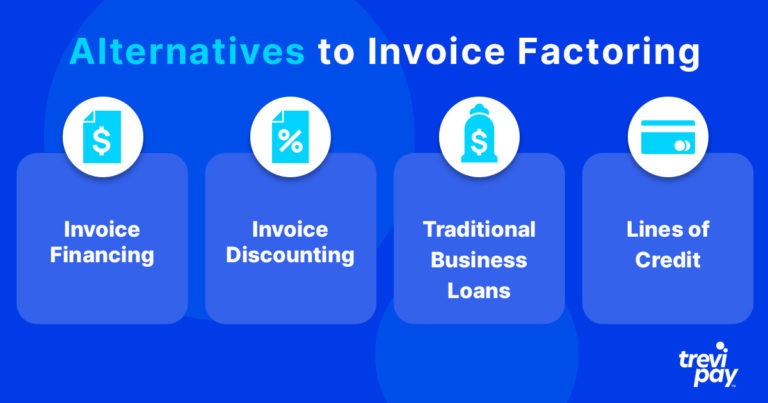
Conclusion
Invoice factoring is not for everyone. And for some of those who do make use of it, it’s not ideal all the time.
When weighing up the advantages and disadvantages of factoring, you should first consider the timing for your business. Next, you should take steps to evaluate suppliers and select the right one.
The main advantages of factoring are clear and immediate: increased cash flow and having the collections process taken care of for you. These enable you to take advantage of new opportunities and focus your resources on more critical business tasks.
The disadvantages of factoring are also clear: it is a relatively expensive form of business financing that can (but not inevitably) carry risk to your company’s reputation.
